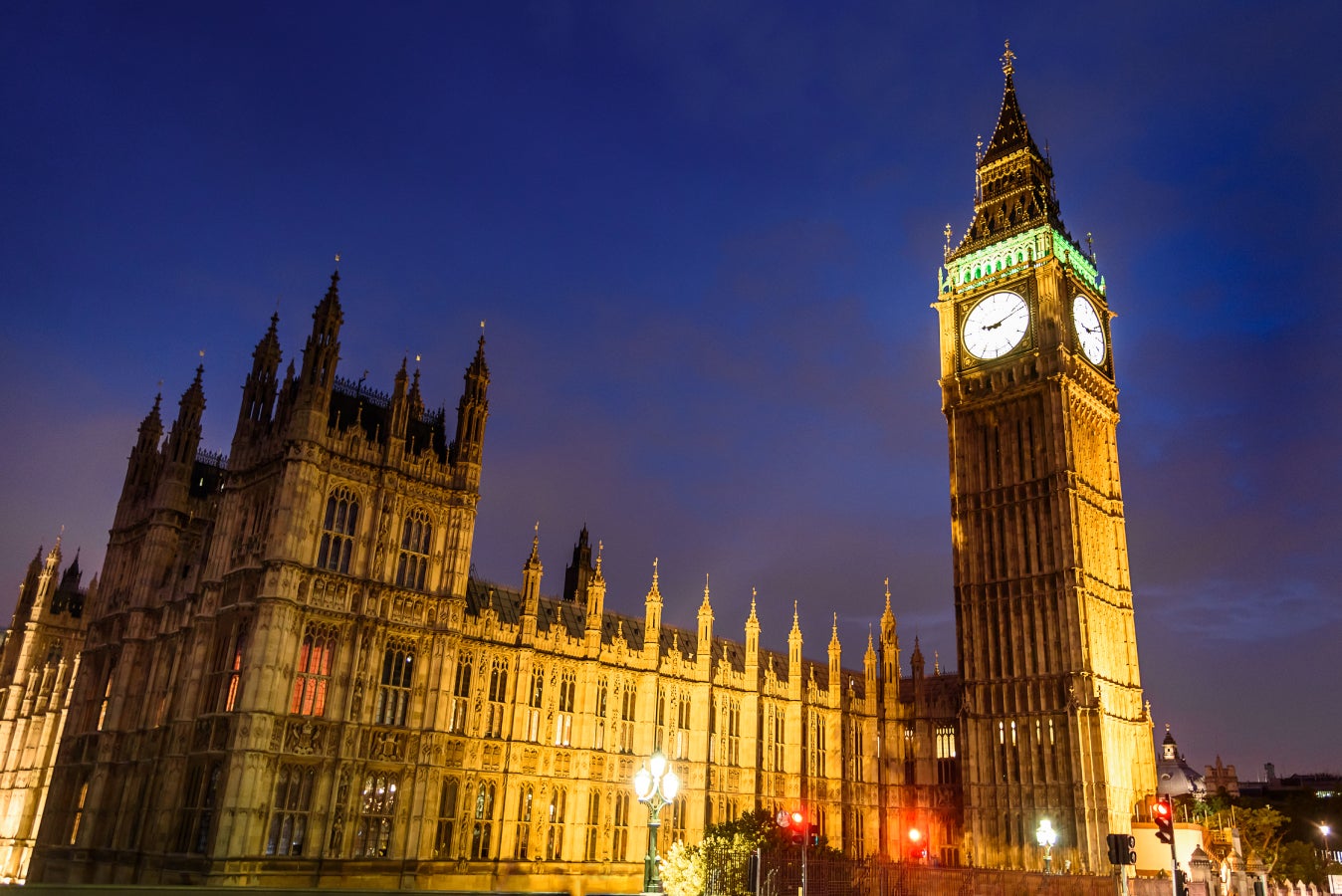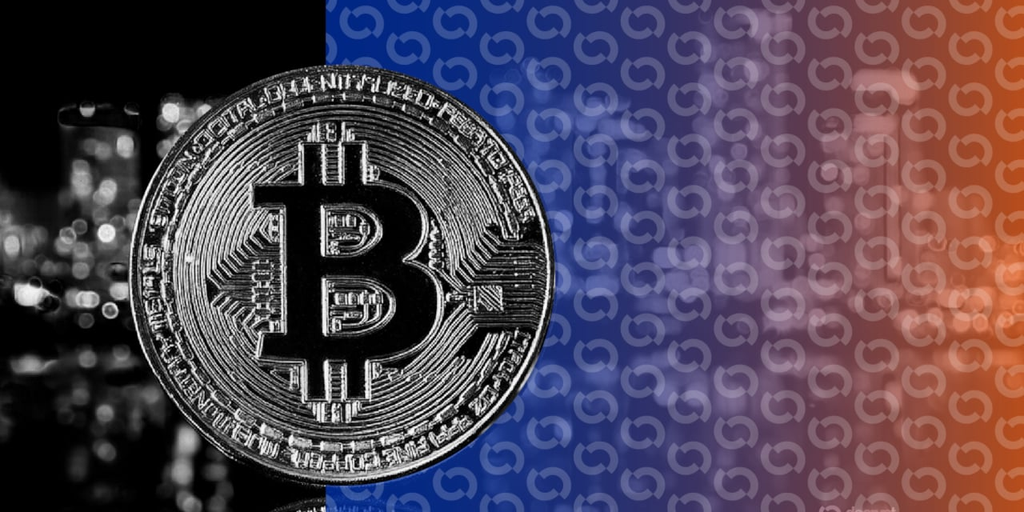Google and OpenAI Reject UK Government’s Proposal on AI Training and Artist Rights
Government’s Proposal Outlined a System Permitting AI Developers to Use Creators’ Online Content to Train Their Models Unless Rights Holders Explicitly Opt Out
Google and OpenAI have rejected the UK government’s proposal aimed at balancing the use of online content for AI training with protecting artists’ rights to consent and compensation. The companies suggest that a broad exception for text and data mining (TDM) would be more beneficial for all stakeholders.
Tech Giants Favor Broad TDM Exception over Artist Protections
In its response to the subsequent consultation, OpenAI said opt-out models face “significant implementation challenges.” OpenAI pointed to the unclear standards in the EU, which mean “AI developers struggle to identify which works can be accessed and which are off-limits.” The ChatGPT maker said any transparency obligations must not require the disclosure of more sensitive information than is required in other jurisdictions, or AI companies may be less inclined to operate in the UK.
OpenAI also supports the proposal of a TDM exception that would allow copyrighted material to be used to train commercial models without the rights holder’s permission. The company claims it will “drive AI innovation and investment in the UK, and could be designed to balance the needs of AI development with the mitigation of concrete harms to copyright owners.”
Google, on the other hand, wants the TDM exception too, as it lays out in its response. However, it wants it for both commercial and non-commercial uses. The company has expressed this desire multiple times before, but plans to allow it for commercial purposes were abandoned in February 2023 after being widely criticized by creative industries.
Artists Push Back
Artists have expressed outrage over the UK’s decision to revise copyright laws in favor of AI, placing the onus on them to opt out of AI training rather than the AI company seeking consent by default. The likes of the Independent Society of Musicians and Publishers Association argued this would further erode their ability to control and profit from their creations.
Last month, more than 400 artists, including Paul McCartney, Ben Stiller, and Cate Blanchett, sent a letter urging action against AI companies for allegedly exploiting copyrighted works without permission.
Conclusion
The debate surrounding the use of online content for AI training and the rights of artists to consent and compensation continues to be a contentious issue. While Google and OpenAI suggest a broad TDM exception would be more beneficial for all stakeholders, artists argue that this would further erode their ability to control and profit from their creations. The UK government’s proposal, which allows AI developers to use creators’ online content to train their models unless rights holders explicitly opt out, has been met with resistance from both sides. As the debate continues, it remains to be seen how the issue will be resolved.
FAQs
- What is the UK government’s proposal regarding AI training and artist rights?
- What is OpenAI’s stance on the proposal?
- What is Google’s stance on the proposal?
- What are the concerns of artists regarding the proposal?
The UK government’s proposal outlines a system permitting AI developers to use creators’ online content to train their models unless rights holders explicitly opt out.
OpenAI supports the proposal of a TDM exception that would allow copyrighted material to be used to train commercial models without the rights holder’s permission.
Google wants the TDM exception too, but for both commercial and non-commercial uses. The company has expressed this desire multiple times before, but plans to allow it for commercial purposes were abandoned in February 2023 after being widely criticized by creative industries.
Artists are concerned that the proposal would further erode their ability to control and profit from their creations. They argue that the onus should be on AI companies to seek consent rather than placing the onus on artists to opt out.








